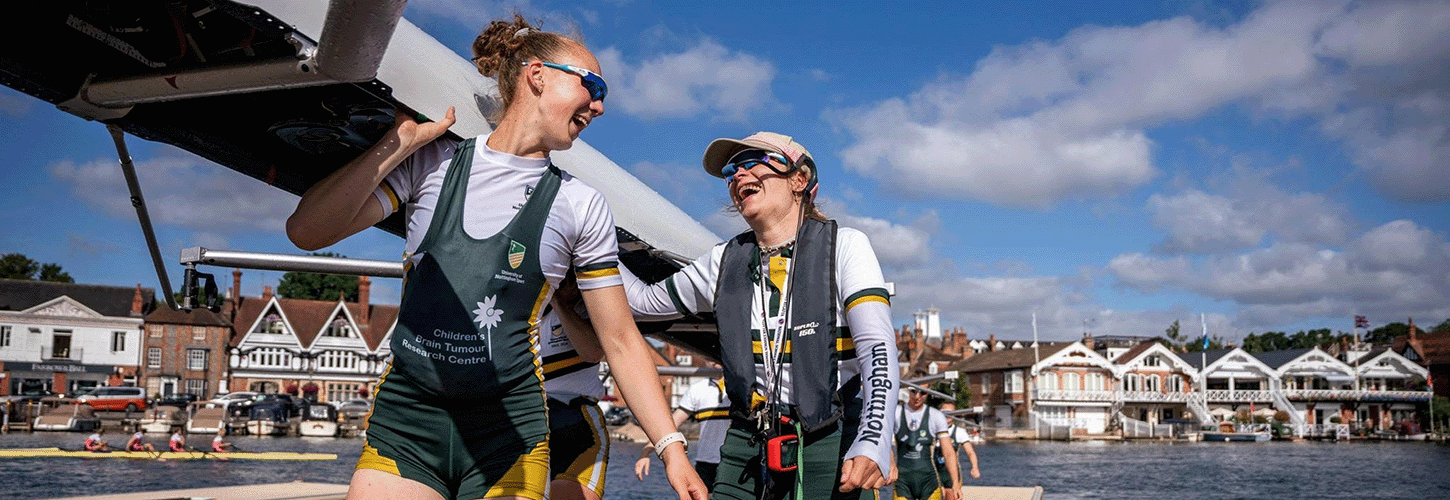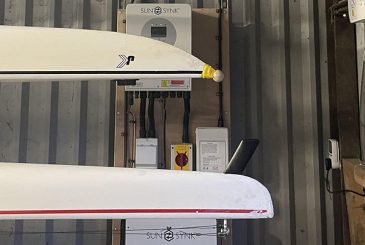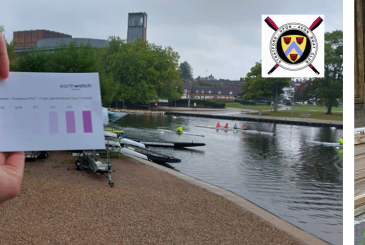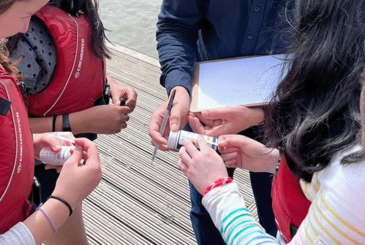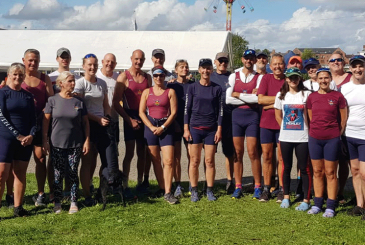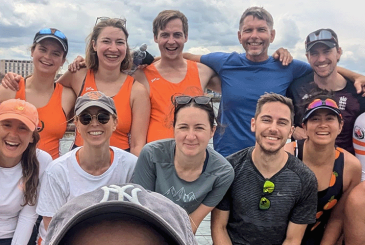By nature, university and college boat clubs need a fresh crop of athletes every year. And while club performance goals will vary between, they all want to find those who will commit to the club. Alex McMullen from JRN talks to former novices as well as coaches about how student boat clubs can best recruit and develop talent from those who have never picked up an oar.
Cast the net wide
First, advertising the boat club in person at freshers’ fairs will maximise the number of names on the sign-up sheets. “[The boat club] was sold to me as a club that works hard but also has a lot of fun,” outlined Aaron Kirkaldy, who learned to row at University of York BC. “I was lucky that the guy I spoke to at the fair was very honest about all the demands of rowing, so I had some idea of what to expect.”
Similarly, for Dan Armstrong, former development squad coach at Durham University BC who now coaches the performance squad, tapping into people’s desires to try something new was key to DUBC’s messaging. “Our beginner program is open to anyone regardless of sporting background, giving people the chance to push themselves in a way they probably never imagined and the chance to test themselves at the highest level of university sport,” he explained.
Last but certainly not least, social media. It’s so easy for clubs to get the ball rolling with recruitment through a simple Instagram story. Katie Robertson of Edinburgh University BC, who was formerly a Scottish national standard swimmer before pivoting to rowing, agrees. She said, “Even before I considered starting rowing, I had been following the boat club’s results on Instagram and hearing from friends about what they do. I decided to go to a taster session with a friend just for a bit of fun, and here I am a year later!” It’s this finger on the pulse of social media that really sets clubs apart nowadays.
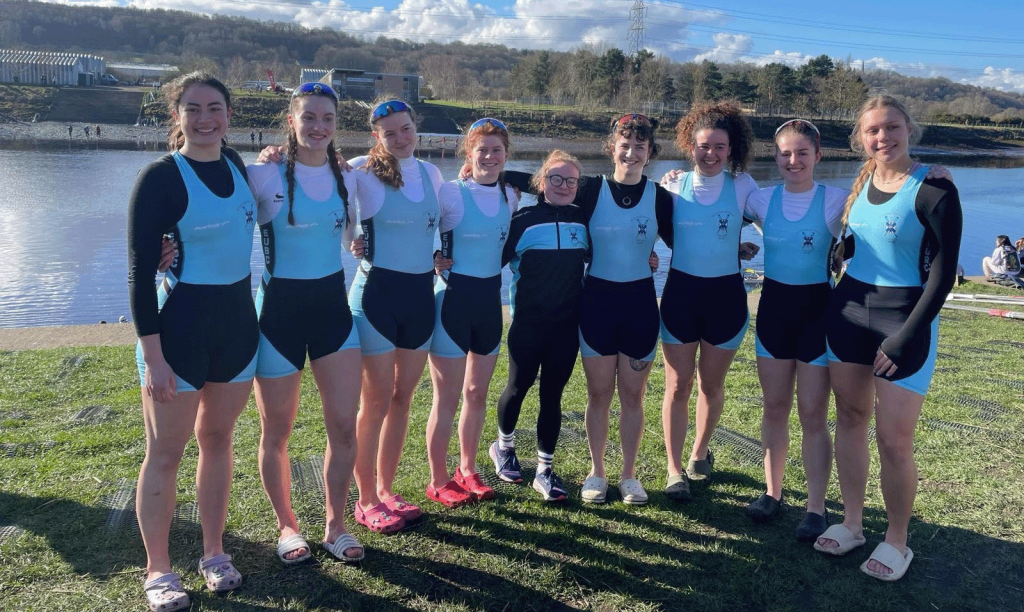
Master the basics quickly
In addition, Maisie Barnes of University of Bristol BC’s women’s squad shared the view that well-organised learn to row courses are another great way of helping novices master the basics quickly. “We encourage people to start through our ‘learn-to-row’ program that we run every year in October, with a healthy mix of land and water sessions over a couple of weeks,” Maisie highlighted.
Coaches and senior rowers play a crucial role here, making the initial experience enjoyable and less daunting. Dan added, “We bring those that we speak to at the freshers’ fair and those sent to us by their college and get things going straight away. Every year, around 400 people learn to row at Durham Uni, most of them on our learn to row course.”
Refine and ramp up
If recruiting new athletes is a fine art, retaining them is a science. According to Aoife from University of Nottingham BC, the flexibility of the program really helped. “It didn’t necessarily matter as much how strong or fit you were at the start of the year. The aim was to refine all that through an intense but manageable program to eventually peak at the right time” she outlined.
A realistic training program that empowers novice athletes to push themselves and feel integrated into the wider boat club is clearly a recipe for success, one that Aaron also knows well from his novice year at York. “We had a lot of healthy competition in my intake, which constantly made it fun and pushed us on,” he reflected.
Rowing is as much about mental fortitude as it is about physical strength and ability on the water. When novices are starting to ramp up, it’s critical that coaches and senior athletes rally around them in support. Dan knows personally how much time coaches need to put in to retain novices. “I met [with DUBC novices] individually at least once a fortnight to ask how they were managing to balance academics and training, and make adjustments to my plan accordingly” he shared. “The demand this sport places on your time is something novice athletes have likely never experienced before, so as their coach, you have to make sure they always understand that they are a person first, a student second, and an athlete third. Rowers that stand the test of time love the learning process that comes with it.”
Banner photo: Aoife (UoNBC)


